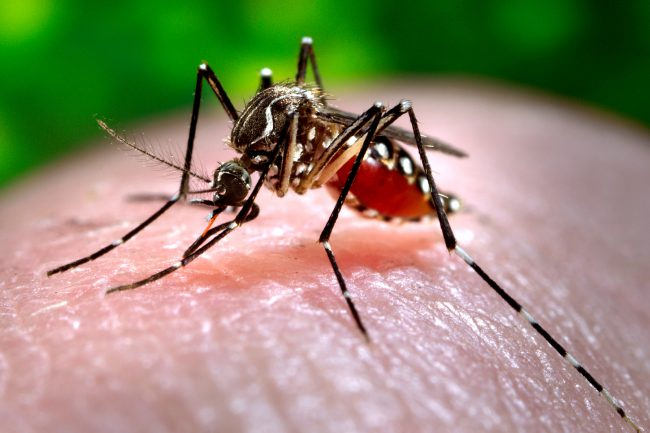
In response to the global Zika virus crisis, a new vaccine is urging pregnant women to be injected with the drug for science. The idea of using expecting women to test out experimental drugs presents a variety of health and ethical problems.

Zika vaccine pharma companies now pushing to have PREGNANT women injected with the experimental vaccine
(Natural News) With the summer fully underway, mosquitoes are more active. Hence, stories about a Zika pandemic popping up again. Just like Dengue and Malaria, the Zika virus is a mosquito-borne illness. Spread by the Aedes aegypti mosquito, which is typically found close to standing water, the Zika virus causes mild flu-like symptoms including headaches, nausea, conjunctivitis, exhaustion, aches, and pains.
Though an infection usually goes unnoticed in healthy adults, pregnant women can pass on the infection to their unborn babies. According to the Centers for Disease Control and Prevention (CDC), Zika infections can potentially cause a whole host of birth defects including microcephaly, congenital Zika syndrome, and damage to the brain and eyes. Infections usually occur in Central and South America, Africa, Asia, Texas, and Florida.
Given the threat to pregnant women and their unborn child, a group of vaccine-pushing researchers now wants to include pregnant women in their trials to test an experimental Zika vaccine. According to new guidelines published by the University of North Carolina’s (UNC) Center for Bioethics and two other universities, the inclusion of pregnant women in Zika vaccine trials is crucial.
If the developing vaccine fails, the expectant mothers and their babies will suffer severe infections. The experiment could endanger the developing fetus. Zika virus is known to cause birth defects and pregnant women are the most vulnerable to the disease.
www.naturalnews.com
Image courtesy of: jda watt






